By Louis Rajczi
Our Forté Ventures team believes in data-driven decisions. We look for every data point that we can find on new companies when having investment discussions, we constantly press our portfolio companies on financials and growth metrics in Board meetings, and we look for trends in macroeconomic and industry-level statistics to drive our investment hypotheses.
It is our fundamental belief that we are not alone in our love for data and that, across companies of all shapes and sizes, there are an increasing number of executives leaning on analytics to shape their business strategies. One type of executive, though, has been using data in a day-to-day manner more than their peers in recent years, while simultaneously growing in importance to the overall success of their business – the Chief Marketing Officer.
Marketing organizations within companies around the world have reached a point where data is king when it comes to campaign strategy, spend allocation, and overall customer acquisition. Couple this trend with the fact that there are now more online advertising platforms than ever (e.g., Facebook, Google, LinkedIn), and you get a fairly clear picture of the need for marketers to manage data regarding their content’s performance across a wide ecosystem of publishers.
Enter AdStage. The San Francisco-based company, which was founded in 2012 by CEO Sahil Jain and CTO Jason Wu, provides paid marketing analytics and automation software that helps connect marketers quickly and easily to their data across multiple paid search and paid social platforms, as well as other third-party internal systems (e.g., Salesforce, Excel). The cross-platform visibility provided by the company’s products allows marketers to gain insight into their campaign performance and take action at scale.
AdStage, like Forté Ventures, believes that CMOs and marketers will continue to need a clear picture of the analytics generated by their ad campaigns, especially as those ad campaigns spread out between multiple platforms. The reasons driving this need for cross-platform clarity are varied from organization to organization, but a common theme is the difficulty in tying metrics provided by the platforms – through features like Facebook Analytics or Google Analytics – back to actual sales performance. For example, it is no longer enough for a CMO to know how click-through-rate compared on a LinkedIn advertisement and Facebook advertisement; they need to know which one generated more revenue, which is made possible through AdStage’s linkage of platform data and internal systems.
In addition to needing their view of ad performance to be clear and holistic, CMOs need that view to be formed in close to real-time. Every second of ad performance information lost can equal a lost customer or extraneous cost on underperforming ad campaigns, and AdStage’s real-time connectivity to platform data sources can reduce those losses. It is worth mentioning, as well, that real-time connectivity is not solely about refresh cadences and software performance. Part of the value of AdStage’s products to customers is the company’s proactive management of its connectors into each publisher platform’s data streams, whose access protocols change frequently and, often times, without warning, as admitted recently by Facebook’s Edward Gaffney. Managing connectors can require multiple full-time resources for those companies trying to replicate AdStage’s offerings in-house, thus providing an ROI justification for the software to many CMOs.
At the end of the day, a core belief of AdStage and Forté Ventures is that those empowered with clear, concise data, such as the information provided in real-time by AdStage to CMOs, should be able to act on that data to drive value. In the case of AdStage, this is made simple by the company’s Automate product, which allows marketers to leverage always-on ad monitoring and optimization tasks – or develop their own within the platform – that handle changes in spend allocation and ad deployment across platforms in an automated fashion, rather than waiting on a human to analyze data and manually adjust their ad campaigns. AdStage wants insights generated by its software to drive increased ad performance, even when marketers are away from their desk.
Understanding all of the above about how AdStage addresses the hurdles that CMOs face in making data-driven decisions, as well as how the company embraces data in running its own business, made our recent decision to invest in AdStage an easy one. We are excited to be working with Sahil, Jason, and their team to continue providing CMOs with new and innovative products and enabling the next generation of analytics-driven paid marketing.

